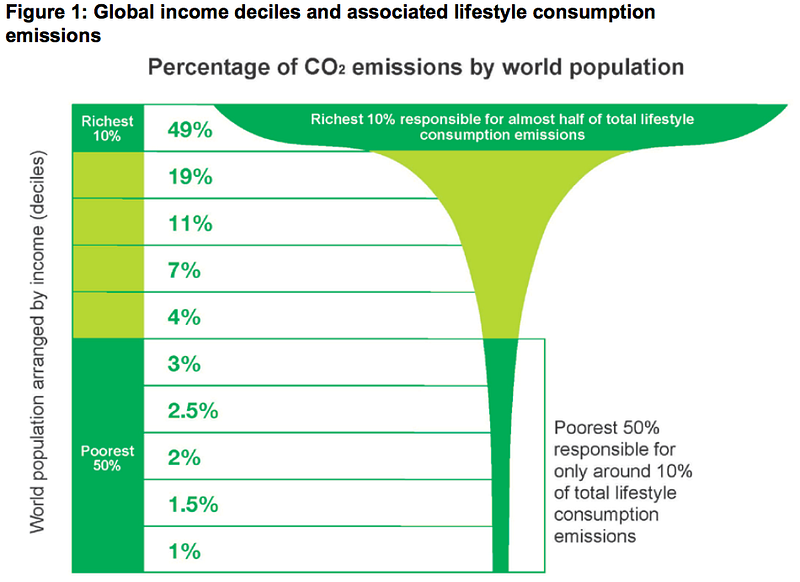Understanding the Overpopulation Myth and Sustainable Solutions
Written on
Chapter 1: The Overpopulation Debate
Recent discussions often revolve around the idea that overpopulation is a pressing issue that threatens the planet's well-being. However, it is crucial to recognize that the concept of overpopulation is largely a misconception.

The narrative that we need to curtail population growth to save the Earth is widespread. This includes conversations about famine, natural disasters, reproductive choices, and even the morality of allowing certain individuals to have children based on IQ. Many individuals are genuinely convinced that human overpopulation is a looming crisis that can only be mitigated by limiting births among perceived "undesirables."
However, this perspective is fundamentally flawed. The reality is that our production consistently exceeds our consumption levels. Alarmists often shout, "We're running out of food!" but this assertion lacks basis in fact. Historically, as our population has grown, so too has our food production. For instance, global cereal production surged by an impressive 24% between 2004 and 2015.

Through the ages, advancements in agriculture have enabled us to produce more calories and nutrients than we require. Currently, we possess the capacity to feed the entire global population with surplus remaining.
Chapter 2: Resource Distribution Challenges
One might argue, "But we are depleting our resources at an unsustainable pace!" This is indeed a valid concern. However, the issue does not stem from overpopulation or inadequate food production. Instead, it arises from our ineffective distribution of resources. For example, in the United States alone, a staggering 40% of food is wasted annually.
As our population continues to grow, the consumption of resources does not follow the same trajectory. Each newborn consumes resources at a consistent rate. Therefore, the alarming decline in resource availability is not due to an increase in population but rather to disproportionate consumption patterns.
The wealthiest nations, despite not experiencing rapid population growth, consume significantly more resources. Within these nations, the affluent elite, rather than those with larger families, are often the primary drivers of excessive consumption.

The top 10% of the population accounts for over 50% of lifestyle CO2 emissions, while the bottom 50% contributes only 10%. Some have even suggested that we should restrict the wealthy to curb resource depletion, but this is both cruel and impractical.
In order to address our overconsumption, we must shift the focus from blaming others for reproducing to examining our own habits and practices.
The first video titled "The Myth of Overpopulation | 5-Minute Videos" explores the misconceptions surrounding overpopulation and its impact on our planet.
Chapter 3: Solutions for Sustainable Living
If you are looking for ways to make a positive impact, consider these three strategies:
- Address Income Inequality: Reducing the vast wealth held by the top 10% can decrease overall resource consumption.
- Promote Efficiency: Focus on creating innovative solutions for green energy and enhancing agricultural productivity.
- Empower Women: Educating and empowering women leads to smaller family sizes and unlocks valuable talent for problem-solving.
To truly foster equitable access to resources, consider engaging with initiatives that support economic equality, resource efficiency, and women's empowerment.
The second video, "The overpopulation myth, debunked by a data scientist | Hannah Ritchie," provides insights into the data-driven analysis of the overpopulation narrative.
By addressing the root causes of resource distribution rather than attributing blame to population growth, we can work towards a sustainable future for all.